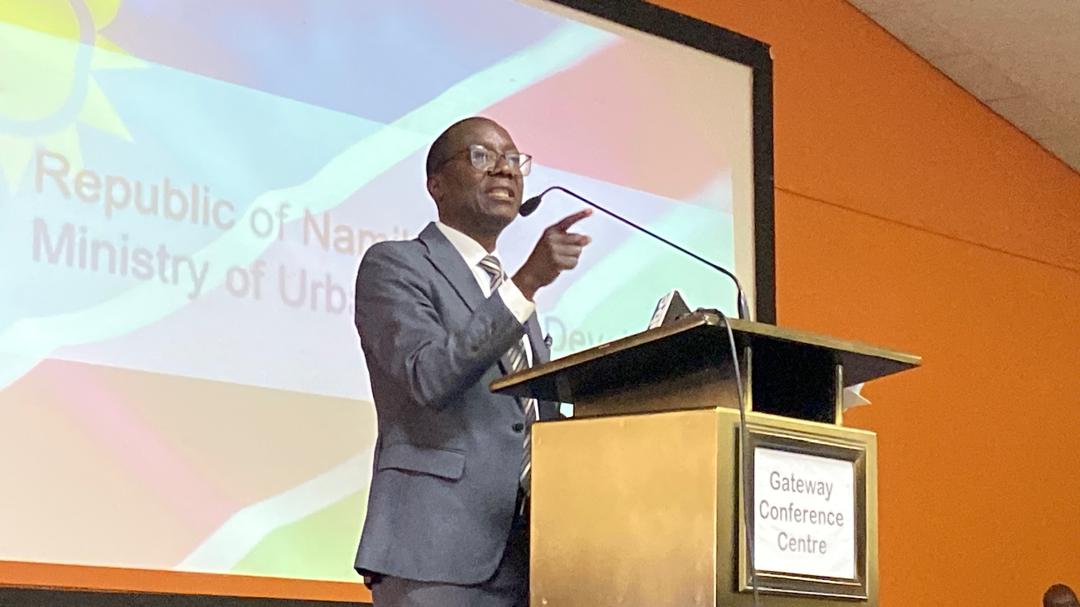LONDON – Strengthening demand for top quality diamonds has pushed prices to world-record highs, but investments in the gemstones could sour if economic turmoil forces speculators to flood the market.
Surging global economic growth and a rapid fall in the dollar have pushed commodity prices, including the rarest polished diamonds, to all-time peaks in recent months. Diamond entrepreneur and analyst Martin Rapaport, who runs an electronic wholesale polished-diamond trading network, has issued a stark warning on the dangers of speculative pricing by dealers, also known as diamantaires, trading with each other.”Many diamantaires, having lost confidence in the dollar and expecting increasing large diamond prices due to a consistent imbalance between supply and demand, now prefer to keep their wealth in diamonds instead of dollars,” Rapaport said on his diamond news service.”Higher prices brought about by internal diamond industry speculation are not sustainable and may result in significant financial loss,” he said.”If a significant component of the price level is based upon internal diamond industry speculation that prices will continue to rise, then even a slight short-term decline could cause a collapse.”Surging demand for the world’s most magnificent diamonds has driven prices to all-time highs.Rapaport told Reuters a 10-carat “D” flawless diamond would now sell wholesale for around US$155 000 a carat, up from about US$110 000 six months ago.Rapid growth of emerging economies such as China, India and the oil-rich Middle East Gulf states has multiplied the number of multi-millionaires, many of whom are willing to pay ever higher prices for fabulous jewellery and rare gemstones.An extremely rare 72,22-carat diamond is expected to bring up to US$13 million when it goes to auction next month – that is up to US$180 005 per carat, which would make it the most expensive diamond ever sold at auction in Asia.The diamond was previewed in Manhattan this week and will be offered on April 10 at Sotheby’s Hong Kong galleries.In November, Sotheby’s sold a huge flawless brilliant-cut white diamond, weighing 84,37 carats, for nearly 18,2 million Swiss francs (US$16,21 million) to Guess Jeans founder Georges Marciano, who named it the “Chloe Diamond” after his daughter.The diamond achieved a world record price per carat for a white diamond (US$191 980), and was the second most expensive stone ever sold at auction, only eclipsed by the 100,10 carat “Star of the Season” diamond, which Sotheby’s sold for US$16,5 million in May 1995.De Beers, 40 per cent owned by Anglo American , which supplies about 40 per cent of the world’s rough diamonds, believes speculative pricing does not feature at its so-called “Sights”, at which its clients buy stones, an official told the Reuters Global Mining Summit on Tuesday.”We are not taking any large stones and auctioning them,” said Sheila Khama, chief executive of De Beers Botswana.Varda Shine, managing director of De Beers’ Diamond Trading Company (DTC), its London-based distribution and sales arm, said in a speech to a diamonds conference in Israel last month that diamonds will become more and more sought after.”Over the past decade we have seen the rise of new economic powers …of China, of India and in South America,” she said.”The trend is set to grow over the coming decade and these economies will play a major role in growing demand.”Shine, who has said global diamond supplies will remain stable because of a lack of major new discoveries, said scarcity of diamonds can become an opportunity for the diamond business.”If, as an industry, we can maintain and grow consumer demand …then we can make scarcity our friend and not an enemy to be feared,” she said.Evy Hambro, a fund manager at BlackRock Merrill Lynch Investment Managers, said mining companies were not making any important new diamond discoveries.”Their exploration expenditure has gone up many times and the commensurate result you would have expected …hasn’t arrived,” he said.”It has been extremely disappointing.””Assets for tomorrow haven’t been discovered.”Because of the scarcity of big diamonds and the strong demand, Rapaport does not expect prices to fall any time soon.But the more diamond dealers speculate among themselves, the greater the risk of a price correction if global economic conditions change – if the dollar recovers, for example.”So speculators beware,” Rapaport said.”When the music stops, will you have a chair?”Nampa-ReutersDiamond entrepreneur and analyst Martin Rapaport, who runs an electronic wholesale polished-diamond trading network, has issued a stark warning on the dangers of speculative pricing by dealers, also known as diamantaires, trading with each other.”Many diamantaires, having lost confidence in the dollar and expecting increasing large diamond prices due to a consistent imbalance between supply and demand, now prefer to keep their wealth in diamonds instead of dollars,” Rapaport said on his diamond news service.”Higher prices brought about by internal diamond industry speculation are not sustainable and may result in significant financial loss,” he said.”If a significant component of the price level is based upon internal diamond industry speculation that prices will continue to rise, then even a slight short-term decline could cause a collapse.”Surging demand for the world’s most magnificent diamonds has driven prices to all-time highs.Rapaport told Reuters a 10-carat “D” flawless diamond would now sell wholesale for around US$155 000 a carat, up from about US$110 000 six months ago.Rapid growth of emerging economies such as China, India and the oil-rich Middle East Gulf states has multiplied the number of multi-millionaires, many of whom are willing to pay ever higher prices for fabulous jewellery and rare gemstones.An extremely rare 72,22-carat diamond is expected to bring up to US$13 million when it goes to auction next month – that is up to US$180 005 per carat, which would make it the most expensive diamond ever sold at auction in Asia.The diamond was previewed in Manhattan this week and will be offered on April 10 at Sotheby’s Hong Kong galleries.In November, Sotheby’s sold a huge flawless brilliant-cut white diamond, weighing 84,37 carats, for nearly 18,2 million Swiss francs (US$16,21 million) to Guess Jeans founder Georges Marciano, who named it the “Chloe Diamond” after his daughter.The diamond achieved a world record price per carat for a white diamond (US$191 980), and was the second most expensive stone ever sold at auction, only eclipsed by the 100,10 carat “Star of the Season” diamond, which Sotheby’s sold for US$16,5 million in May 1995.De Beers, 40 per cent owned by Anglo American , which supplies about 40 per cent of the world’s rough diamonds, believes speculative pricing does not feature at its so-called “Sights”, at which its clients buy stones, an official told the Reuters Global Mining Summit on Tuesday.”We are not taking any large stones and auctioning them,” said Sheila Khama, chief executive of De Beers Botswana.Varda Shine, managing director of De Beers’ Diamond Trading Company (DTC), its London-based distribution and sales arm, said in a speech to a diamonds conference in Israel last month that diamonds will become more and more sought after.”Over the past decade we have seen the rise of new economic powers …of China, of India and in South America,” she said.”The trend is set to grow over the coming decade and these economies will play a major role in growing demand.”Shine, who has said global diamond supplies will remain stable because of a lack of major new discoveries, said scarcity of diamonds can become an opportunity for the diamond business.”If, as an industry, we can maintain and grow consumer demand …then we can make scarcity our friend and not an enemy to be feared,” she said.Evy Hambro, a fund manager at BlackRock Merrill Lynch Investment Managers, said mining companies were not making any important new diamond discoveries.”Their exploration expenditure has gone up many times and the commensurate result you would have expected …hasn’t arrived,” he said.”It has been extremely disappointing.””Assets for tomorrow haven’t been discovered.”Because of the scarcity of big diamonds and the strong demand, Rapaport does not expect prices to fall any time soon.But the more diamond dealers speculate among themselves, the greater the risk of a price correction if global economic conditions change – if the dollar recovers, for example.”So speculators beware,” Rapaport said.”When the music stops, will you have a chair?” Nampa-Reuters
Stay informed with The Namibian – your source for credible journalism. Get in-depth reporting and opinions for
only N$85 a month. Invest in journalism, invest in democracy –
Subscribe Now!









